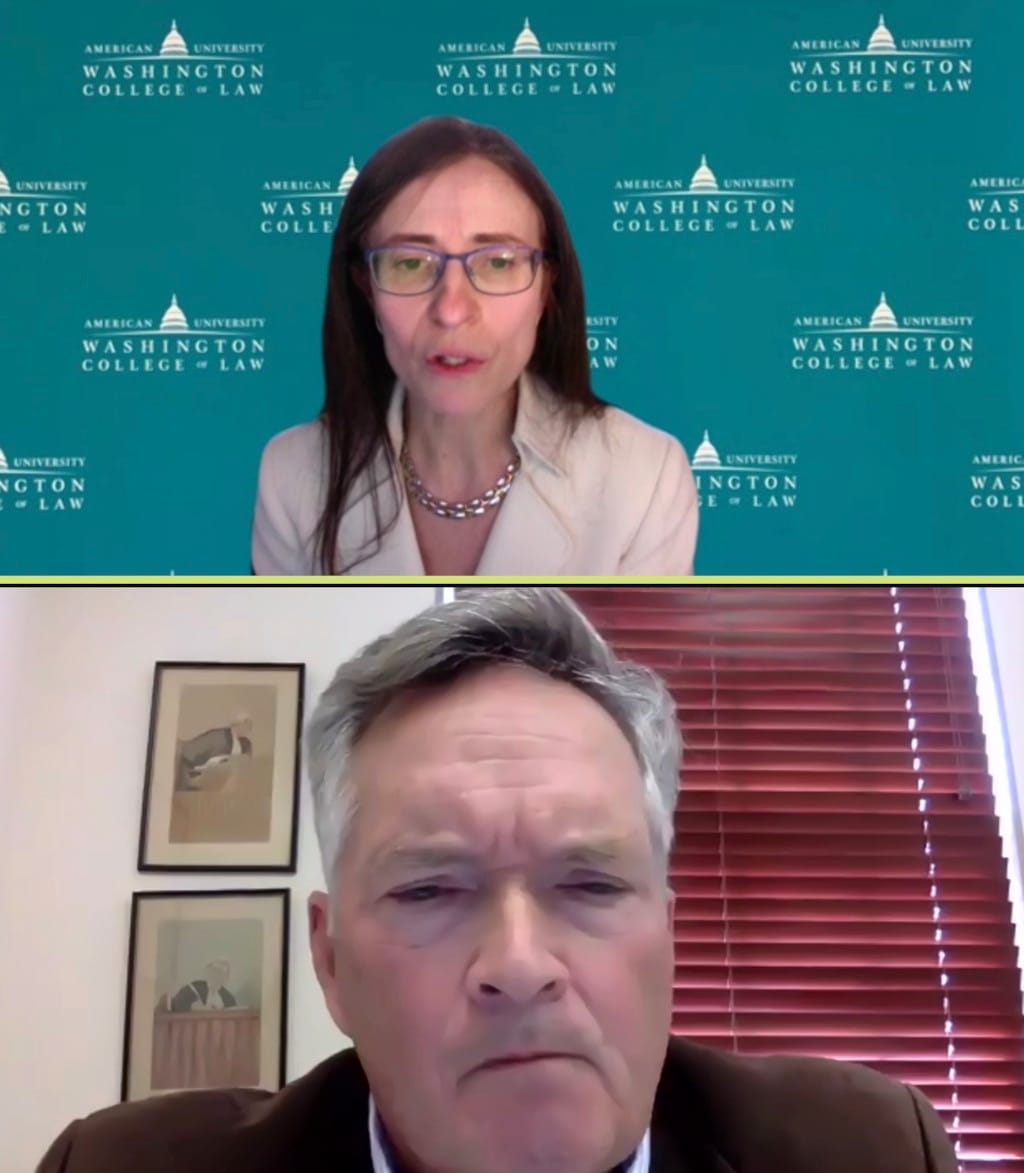Government Needs to Enact Cryptocurrency Policy to Get Ahead on Global Competition, Experts Say
China is believed to be creating a central digital currency soon, as the U.S. lacks policy governing cryptocurrency.
T.J. York

WASHINGTON, December 1, 2021 – Cryptocurrency experts say the federal government needs to implement more policy governing cryptocurrency to get in front of international competition in the space, as ransomware threats in the country continue to rise.
Patrick McCarty, professor at Catholic University of America Columbus School of Law, said at an event at the American University School of Law on November 23 that China’s central bank may create a central digital currency in the near future, and other nations’ central banks are likely to create their own digital currencies in response.
If the U.S. is to remain competitive on the international cryptocurrency scene, they say, the government must take key steps to solidify its digital currency systems.
Meanwhile, the Infrastructure Investment and Jobs Act, signed into law last month, establishes tax reporting requirements for cryptocurrencies.
McCarty said it is unclear whether Congress will take such steps, including clarifying whether cryptocurrencies are securities or commodities, and the Securities and Exchange Commission identifying which assets are considered securities to help with building digital currency systems in the U.S.
Melanie Teplinsky, professor at American University Washington College of Law, pointed out that even the major cryptocurrency players are asking for government regulations to be imposed on the industry.
Need better ransomware security
Teplinsky also said the U.S. must work to improve cybersecurity for cryptocurrency exchange.
With a four-times increase in the ransom that ransomware hackers received last year compared to 2019, she said shortages of available cybersecurity workers pose a very large problem.
She predicted there will be efforts to strengthen cybersecurity as the private sector seeks to work more collaboratively with government, and that active cyber defense through threat hunting will become more prevalent.
Teplinsky also stated that coordinated domestic and international policy responses to ransomware threats are specifically necessary, such as through diplomatic efforts to shut down foreign safe havens for hackers and common exchange regulations to ensure adherence to anti-money laundering rules.









Member discussion